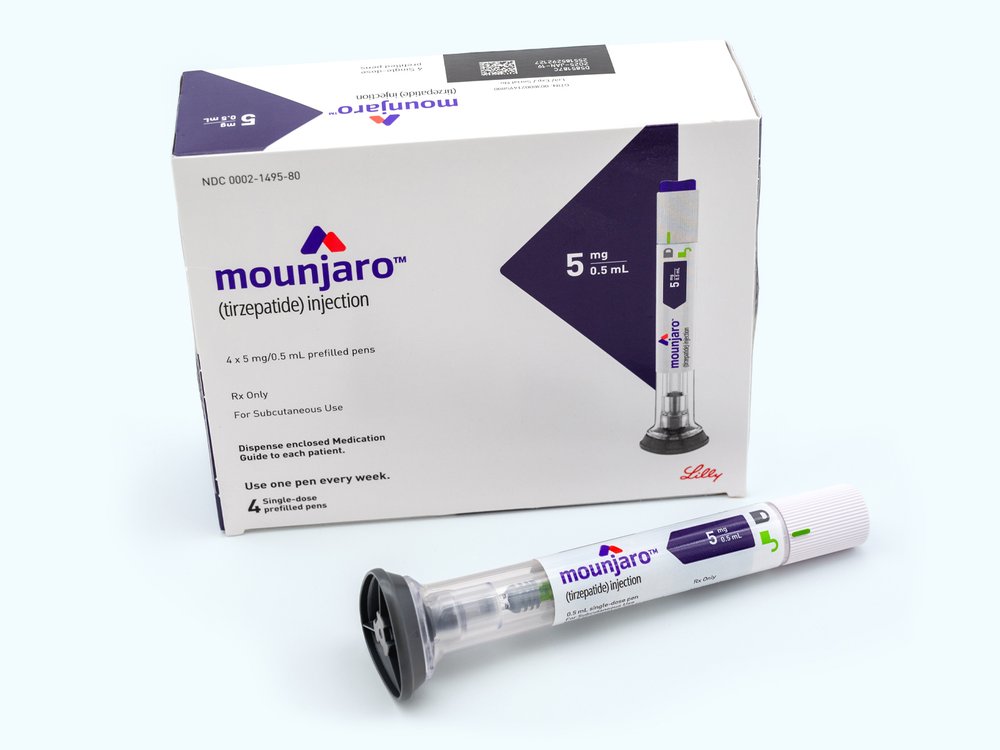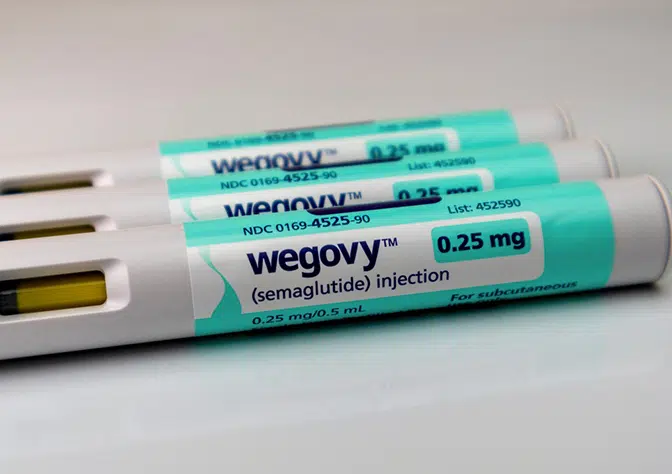UK Launches Investigation After Reports of Potentially Fatal Side Effects Linked to Weight Loss Drugs
“Sometimes genes can influence the side‑effects an individual experiences when taking a medicine.”

Popular weight loss drugs like Mounjaro and Ozempic are under new scrutiny following concerns about serious health risks, including potentially fatal side effects.
GLP-1 receptor agonists, the class of drugs behind these medications, have delivered impressive results for many people trying to lose weight. However, the list of side effects has continued to grow—ranging from mild to severe.
Users have reported everything from hair loss and sagging skin to more serious concerns like thyroid cancer and severe gastrointestinal issues. For some, these effects have been enough to stop treatment entirely.
Now, a UK regulator is taking a closer look at a more alarming concern: pancreatitis, a potentially deadly inflammation of the pancreas, that may be linked to GLP-1 drugs.
The Medicines and Healthcare products Regulatory Agency (MHRA) has received nearly 400 reports of serious pancreatic issues from people using GLP-1 medications in the UK. This data was gathered through the MHRA’s Yellow Card scheme, which tracks suspected side effects from medications.
According to reports, around 10 deaths have been associated with these cases of pancreatitis. While this condition is considered a rare side effect, the serious nature of the reaction has prompted an official investigation.
The MHRA told The Guardian, “Sometimes genes can influence the side‑effects an individual experiences when taking a medicine.”
"Patient safety is Lilly’s top priority,” the company that makes Mounjaro told the Guardian in a statement.
 NHS
NHSLilly, the manufacturer of Mounjaro, emphasized their commitment to safety. A spokesperson said, “Patient safety is Lilly’s top priority. We take reports regarding patient safety seriously and actively monitor, evaluate, and report safety information for all our medicines. Adverse events should be reported under the MHRA’s Yellow Card scheme, but may be caused by other factors, including pre-existing conditions.”
Novo Nordisk, which produces Ozempic and Wegovy, echoed similar sentiments. “We recommend that patients take these medications only for their approved indications and under the strict supervision of a healthcare professional, who can also advise on potential side effects,” a company spokesperson said.
They added, “We continuously collect safety data on our marketed GLP-1 medicines and work closely with the authorities to ensure patient safety. The benefit-risk profile of our GLP-1 medicines remains positive, and we welcome any new research that will improve our understanding of treatments for people living with chronic diseases.”
Novo Nordisk said: “We continuously collect safety data on our marketed GLP-1 medicines and work closely with the authorities to ensure patient safety.
 NHS
NHSConcerns about a possible link between GLP-1 drugs and pancreatitis have also been raised in clinical case studies. One report detailed the case of a 36-year-old woman in the United States who developed acute pancreatitis within five weeks of starting semaglutide therapy.
Another study referenced in the same paper looked at 1,269 hospitalized cases of acute pancreatitis. It found that patients who had used GLP-1 receptor agonists in the prior 30 days were more than twice as likely to develop the condition.
From 2005 to 2023, there were 6,751 reports of acute pancreatitis associated with GLP-1 medications, according to 2024 data.
A 2025 study acknowledged the benefits of GLP-1 drugs for blood sugar control and cardiovascular health, but also noted that their connection to pancreatitis remains a valid concern.
However, not all findings point in the same direction. A 2024 study that analyzed real-world data found no increased rate of pancreatitis among adults with type 2 diabetes and a prior history of the condition. It stated, “This real-world study did not observe a higher frequency of AP with GLP-1RA exposure in adults with T2D and a prior history of AP regardless of etiology.”
The MHRA’s investigation is ongoing, and the results are expected to offer greater clarity for patients and healthcare providers alike.

